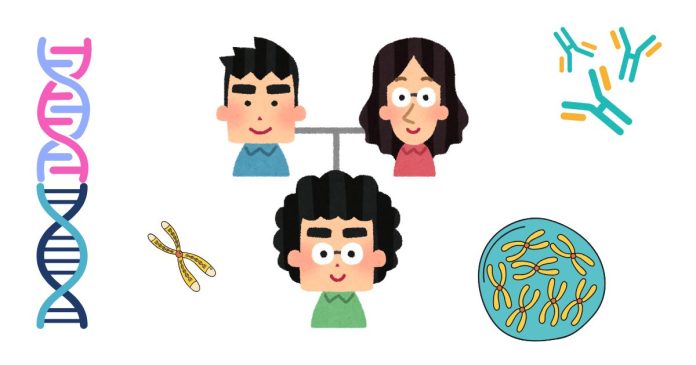A DNA test is a scientific method used to analyze an individual’s DNA to gain insights into their genetic makeup. DNA tests are widely used for various purposes, from identifying biological relationships to diagnosing genetic conditions and uncovering ancestry.
How Does a DNA Test Work?
- Sample Collection: A DNA test usually begins with collecting a sample of genetic material, typically through:
- Saliva
- A cheek swab
- Blood
- Hair or other biological samples (in forensic settings)
- DNA Extraction: The DNA is extracted from the cells in the sample.
- Analysis: Specific regions of the DNA are analyzed based on the purpose of the test. This involves sequencing or comparing DNA markers.
- Results Interpretation: The results are then compared to reference data or analyzed for specific traits, conditions, or relationships.
Types of DNA Tests
- Ancestry Testing:
- Traces ethnic origins and ancestral heritage.
- Identifies genetic links to populations or regions around the world.
- May reveal distant relatives through shared DNA.
- Paternity or Relationship Testing:
- Confirms biological relationships (e.g., paternity, maternity, or siblingship).
- Often used in legal contexts for custody or inheritance cases.
- Health and Genetic Testing:
- Identifies genetic predispositions to certain diseases (e.g., cancer, heart disease).
- Helps assess carrier status for inherited conditions.
- Provides personalized insights for health, fitness, and nutrition.
- Forensic DNA Testing:
- Used in criminal investigations to identify suspects or exonerate the innocent.
- Helps identify remains in disaster or missing person cases.
- Prenatal DNA Testing:
- Analyzes the DNA of a fetus to detect genetic abnormalities (e.g., Down syndrome).
- Can establish paternity before birth.
- Whole Genome or Exome Sequencing:
- Provides detailed insights by analyzing an individual’s entire genome or protein-coding regions of DNA.
Applications of DNA Testing
- Medicine: Diagnosing genetic disorders, guiding personalized treatments, and assessing health risks.
- Ancestry Research: Exploring familial roots and heritage.
- Legal Cases: Resolving paternity disputes, identifying remains, and supporting criminal investigations.
- Reproductive Health: Informing family planning by identifying carrier status for genetic conditions.
- Research: Contributing to scientific studies on genetics, evolution, and human diversity.
Privacy and Ethical Considerations
- Data Security: Ensure that testing companies have robust privacy policies to protect your genetic information.
- Ethical Implications: Be aware that results may reveal unexpected information, such as unknown relatives or predispositions to illnesses.
- Informed Consent: Always understand the scope and implications of the test before proceeding.
Conclusion
A DNA test can provide valuable insights into your genetic makeup, ancestry, and health. Whether for personal, medical, or legal reasons, understanding how DNA tests work and their implications is essential before making the decision to proceed.


